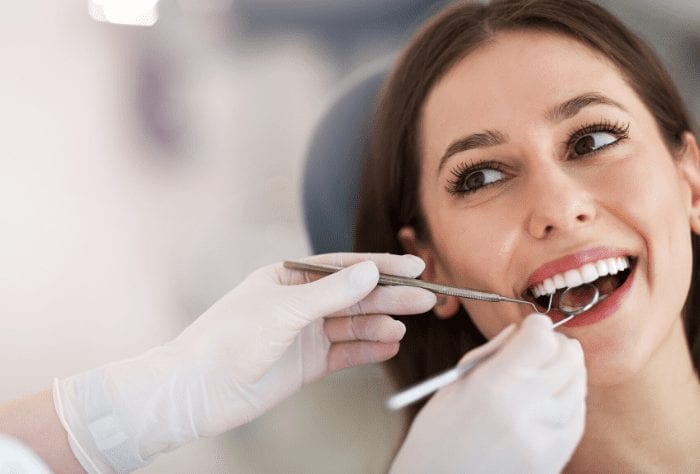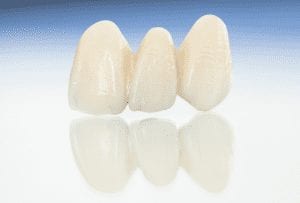Dental Crowns
Dental crowns are durable, known to last for over 20 years. However, its useful life is solely dependent on the carrier. Personal habits such as tooth clenching or grinding and poor oral hygiene can lead to damage. The crown does not require any special care. Just like natural teeth, you should brush, floss, and attend dental checkups regularly. Dr. Vanessa Wadden ensures good oral hygiene habits are upheld by following up on our clients’ progress. This guarantees that your teeth and gums remain in the best state possible.

Why are they needed?
Crowns are used for several reasons. The primary reason is to restore the size, shape, and look of worn-out teeth and shielding the visible part of teeth from damage. It also protects damaged and weak teeth. Other functions include;
– Providing support for a bridge in place
– Covering dental implants
– Restructuring a misshaped tooth
– Covering discolored teeth
– Used during root canal treatments
– Providing support for fillings and broken teeth
– Make a cosmetic modification to the teeth
A dental crown can also be used in children, including those who have baby teeth. It can save a tooth or teeth that have been damaged by decay. It can also be used to protect a child’s teeth from tooth decay, especially since children are vulnerable to poor oral hygiene habits.
 What are they made of?
What are they made of?
There are a few safe materials that patients can choose their crowns from. The main ones are ceramic, all resin, stainless steel, porcelain-fused-to-metal (PFM), and metals like gold.
Ceramic
– Made from materials such as porcelain, ceramic crowns are commonly used for front teeth because of their natural appearance though they can also be used for back teeth. They are also used by people allergic to metals. They, however, are not as strong as metal or PFM crowns.
Metal
– Metal crowns are formed using alloys that have high levels of platinum, gold, or alloys consisting of metals like chromium, nickel, and cobalt. Metal crowns do not wear down quickly and are used on back teeth used for chewing and grinding.
Porcelain-fused-to-metal
– PFM crowns look like natural teeth and are a combination of both ceramic materials and metals. They provide a good fit though the porcelain part of the crown can be damaged easily. Another disadvantage is the visibility of the metal as a dark line at the base of the crown.
Resin
– Resin crowns are cheap compared to other options. They wear down easily and are prone to cracks and fractures than PFM crowns.
Stainless steel
– This type of crowns is commonly used as a temporary measure to protect teeth while a permanent crown is made. It is used to protect the tooth or filling from further decay. They are also used in children to cover baby teeth, after which it comes out with the tooth to make room for permanent teeth.
Patients may need to make several trips to the dentists when getting a dental crown. We make sure that all dental problems are solved before providing the service – whether it is a treatment for periodontal diseases, root canal, cavity repair, or dental cleaning. During your first consultati

ve meeting, the tooth or teeth in which the crown will be installed is prepared, a process that Dr. Vanessa Wadden and the rest of our staff will make comfortable for you by using local anesthesia. After making samples of your tooth via the painless procedure, a temporary cover is put on the tooth. When the crown is ready, a special dental glue will be used to install it into place. Depending on how well you take care of your oral health, the crown can last for a lifetime. At Healthy Smile Family Dentistry, our primary objective is to offer everyone quality dental care to improve oral health and function. Don’t hesitate to contact us if you live in Muscatine or the neighboring areas.

 What are they made of?
What are they made of?